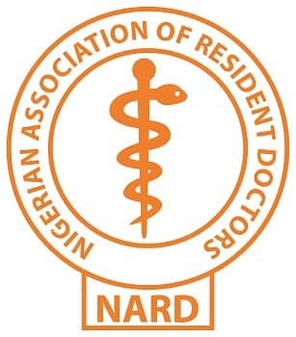Once considered a disease of ageing men, prostate cancer is increasingly affecting younger Nigerians, with recent cases involving patients in their twenties.
This development has sparked concern among medical experts and highlights a deepening crisis in public health awareness, early detection, and lifestyle management. But amid the growing anxiety and concerns, particularly among young Nigerians, Kelina Hospital in Lagos has been offering cutting-edge treatment and renewed hope through minimally invasive surgery.
Dedicated to minimising invasiveness and enhancing patient comfort through advanced surgical techniques, the management announced that it had successfully performed 6,000 surgical operations without a single death, a milestone considered exceptional in Nigeria’s healthcare landscape.
The President of Kelina Hospital, Dr Celsus Undie, said the hospital performs over 100 prostate surgeries yearly, including both benign and cancerous conditions. He described this achievement as part of the hospital’s broader effort to raise the standard of prostate care in the country.
Undie noted that the hospital had carried out 500 Holmium Laser Enucleation of the Prostate (HoLEP) surgeries since it pioneered the procedure in Nigeria at the end of 2018. The technique, he explained, has become the preferred surgical method for managing Benign Prostatic Hyperplasia (BPH), a condition in which an enlarged prostate obstructs the flow of urine.
He cited recommendations from both the American Urological Association and the European Association of Urology, which have identified HoLEP as the most effective option.
According to him, patients who undergo HoLEP typically resume eating on the same day and are often up and mobile by the next morning. He added that the procedure significantly shortens hospital stays, reduces infection risks, and often eliminates the need for blood transfusion.
In addition to HoLEP, Kelina Hospital has also led advancements in laparoscopic radical prostatectomy, having performed the first of such surgeries in Nigeria in 2012. The hospital also revealed that 54 cancer-related cases were completed using the method in 2024 alone.
Undie revealed that the hospital is now preparing to introduce Robot-Assisted Radical Prostatectomy (RARP) this year, placing it at the forefront of robotic urological surgery in Africa. This move, he said, is supported by international collaborations, including partnerships with specialists such as the African Urology Training Centre at IRCAD in Kigali, Rwanda.
The Head of the Training Centre, Dr Bertin Njinou, highlighted the benefits of robotic surgery, including greater precision, faster recovery times, and fewer post-operative complications.
He also emphasised the role of nutrition and early detection in managing prostate cancer, recommending a diet rich in broccoli, tomatoes, cucumbers, and green tea, while warning against smoking, alcohol, and direct exposure to harmful chemicals.
Undie noted that the hospital also invests in the training of local urologists through global fellowships and introduced both Percutaneous Nephrolithotomy (PCNL) and Laser Lithotripsy for kidney stones.
A family physician at the hospital, Dr Kenechi Nedosa, raised concern over the rising number of young patients being diagnosed with prostate cancer, including a recent case involving a 22-year-old.
He advised early treatment and warned against prolonged catheter use, which he said could lead to complications such as infections or kidney damage.
Nedosa said that Holmium Laser Enucleation of the Prostate (HoLEP) remains the safest surgical option for patients with enlarged prostates, especially for those seeking to avoid blood transfusions due to the associated risks.
He urged patients to be assessed for surgical readiness, noting that issues like low blood pressure or severe bleeding could pose risks during procedures.
The hospital maintained that with lifestyle adjustments, early diagnosis, and trust in local healthcare, many Nigerians could avoid unnecessary medical travel and receive world-class care within their borders.
Culled from The Guardian















Leave a comment